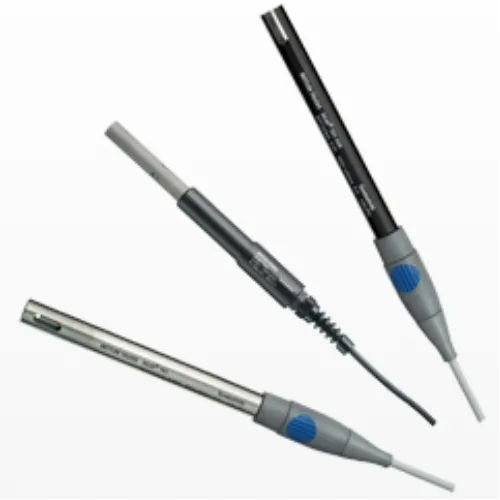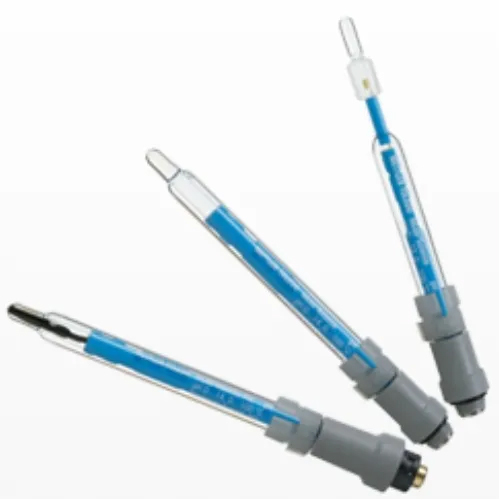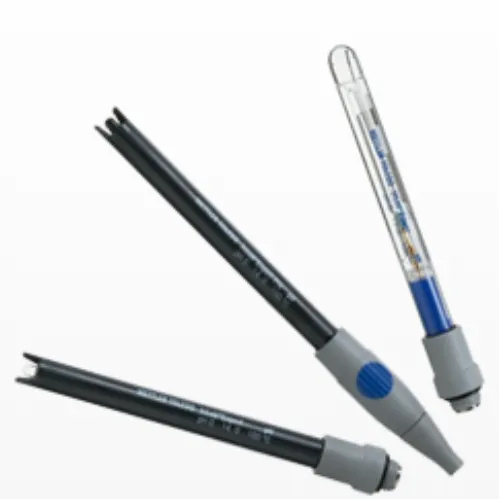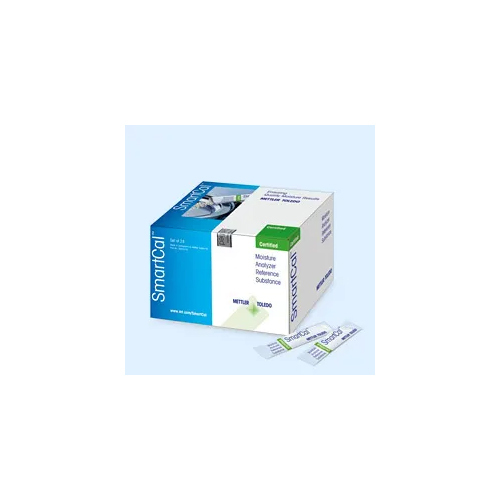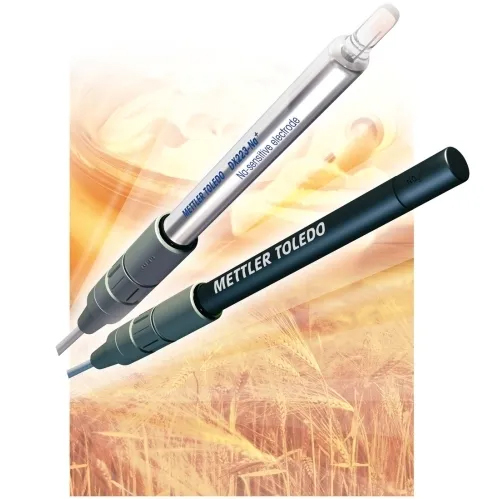InLab Conductivity Probes
Product Details:
Product Description
InLab Conductivity Probes
InLab conductivity probes are sensors that assess a solution's electrical conductivity. They are frequently used to measure the concentration of dissolved salts, acids, bases, and other ionic compounds in a solution in scientific research, water treatment, and industrial processes.
The electrodes of InLab conductivity probes are normally made of platinum or stainless steel and are constructed with a two- or four-electrode system. A glass or plastic shaft that shields the electrodes from the fluid being measured and enables simple insertion into the solution surrounds them. Since conductivity is temperature-dependent, the probes are also built with a temperature sensor that gauges the temperature of the solution being measured.
The idea behind measuring conductivity is that electrical conductivity rises with ion concentration in a solution. An alternating current is supplied to the electrodes of the probe while it is submerged in the solution, and the resulting electrical conductivity is then measured. The probe transforms the electrical conductivity measurement into a signal that can be read and processed by a conductivity metre or other device, such as a digital or analogue signal.
For a range of applications, InLab conductivity probes are offered in a number of forms and ranges. With features like automatic temperature adaptation and calibration, they are made to be precise, dependable, and simple to use. They are also made to be strong and corrosion-resistant, making them appropriate for usage in challenging situations and with a range of treatments.
For pure and ultra-pure water
- A high precision 2-pole conductivity cell with integrated temperature sensor for low conductivity measurement.
- Recommended for low conductivity measurements in the laboratry.
- Nominal cell constant: 0.105 /cm.

Price:
- 50
- 100
- 200
- 250
- 500
- 1000+
Other Products in 'Laboratory Consumables & Accessories' category
 |
Mettler-Toledo India Private Limited
All Rights Reserved.(Terms of Use) Developed and Managed by Infocom Network Private Limited. |
 English
English Spanish
Spanish French
French German
German Italian
Italian Chinese (Simplified)
Chinese (Simplified) Japanese
Japanese Korean
Korean Arabic
Arabic Portuguese
Portuguese
